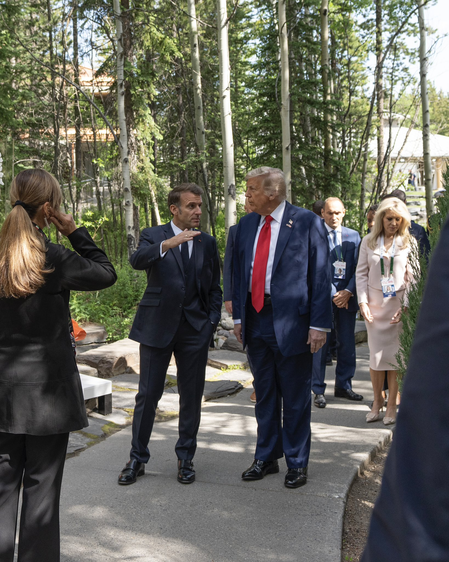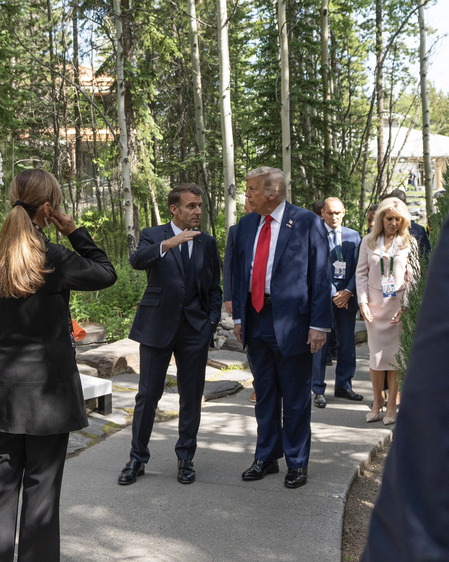History tells us that wars do happen and the markets climb the wall of worry. Is it any different this time?
Vivek Paul: It is always impossible to guess the near-term news in an environment such as this. But the thing to watch is around energy prices, oil prices, and that has moved 10-15% in the course of the last week. Whether or not that has a longer-lasting impact on the global economy will depend on the longevity of the conflict and the spillover effects. But oil has to be watched.
On the flip side, do you think the tariff uncertainty has abated or are the markets still a little bit on tenterhooks about that?
Vivek Paul: I do not think it is debated, and we should anticipate this to be the new normal. We are in an environment where macro uncertainty is structurally higher and it is impossible to guess the next blow-by-blow in the tariff dynamic. What we should consider is a broader impact around this. Markets have played a stabilising role in the course of the last couple of months.
Whenever we have seen extreme moves, we have seen market forces dictate a shift. For instance, the US has been very reliant on foreigners for the funding of its debt. Think about the interconnected nature of global supply chains. Whenever we push extremes in market pricing, that automatically leads to some element of a shift in that policy stance. I do not think it is behind us. What I would say is that the macro data is yet to fully reflect the impact.
Even in an environment where we have certainty from now on, we are yet to see that come through in the macro data. Recent macro data in the United States points to some of the growth impacts playing out. We are seeing some element of small contraction in terms of the quarterly figures. We have seen some element of a slowdown in CPI, it does not yet reflect the full impact because companies are yet to make decisions. They are holding off on account of uncertainty.
Given that the world is in so much flux on not just geopolitics, but the repercussions and bearing of it all on the economics as well. What happens to longer-term money? Would you say the US is not the most preferred destination in the long haul or does that view not change?
Vivek Paul: We have got an overweight to US assets in our 6 to 12 month horizon tactical views and it is led by the idea that AI as a structural mega force will continue to dominate the global environment for a period of time and the US has many of the best companies in that space and is really well placed to take advantage of that.
When I look further, when I look at the longer term, we need to start from the current environment that we are in. The US is the dominant economic player and it is hard. We have seen this in recent months. It is hard to massively change the shape of the global economy in a short space of time. We would anticipate US assets to continue to play up the bulk of investor portfolios. But in the long run, no one can have certainty here. There is a much wider range of potential outcomes than there ever has been before.
Long-term macro anchors that we have built asset allocations around for the last 30-40 years are being more challenged. So, the idea is we should start by thinking US assets will play a sizable role and continue to do that. But we need to acknowledge that the range of uncertainty in the long run is just unprecedentedly high.















